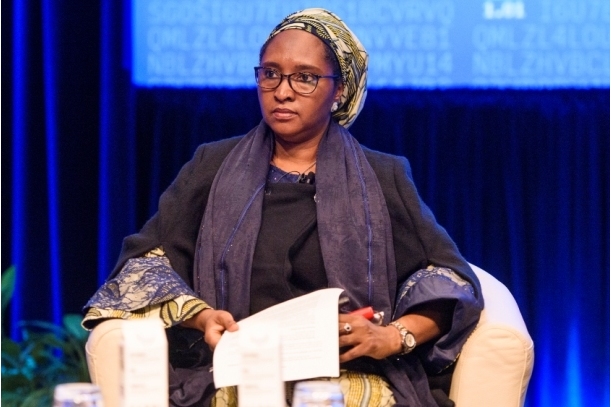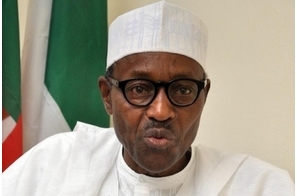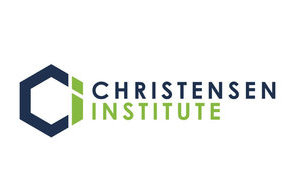Latest News
Nigeria’s public debt rises to N28.63 trillion

News Highlight
Nigeria’s debt profile increased by N1.23 trillion between January and March this year.
The Debt Management Office (DMO) has released Nigeria’s public debt data for the first quarter of 2020. The data shows Nigeria’s public debt stood at N28.629 trillion ($79.3 billion) at the end of March 2020, representing an increase of 4.4 per cent from N27.401 trillion recorded on December 31, 2019. According to the latest data, released by DMO on Thursday, Nigeria’s debt profile increased by N1.23 trillion ($3.399 billion based on CBN exchange during the period) between January and March this year.
Nigeria’s external debt increased by N964.882 billion during the period under review to N9,987 trillion. The country's external debt in Q1 2020 represented 34.89 per cent of the total debt, compared to 32.93 per cent in Q4 2019.
Meanwhile, the ratio of domestic debt decreased by 1.96 percentage points to 65.11 per cent between December 2019 and March this year. Last year, the DMO had said it aimed to achieve a debt stock ratio of 60 per cent (domestic debt) to 40 per cent (external debt). The value of the total domestic debt stock in Q1 2020 was N18.64 trillion.
The increase recorded in Nigeria's domestic debt profile included increases in the Federal Government's (FG) debt as well as the debt stock of the 36 states and the Federal Capital Territory (FCT). The FG's domestic debt increased by 1.8 per cent to N14.5 trillion in Q1 2020, accounting for 50.77 per cent of the total debt stock.
According to DMO data, the 36 states and FCT's domestic debt profile was N4.1 trillion as at March ending, representing 14.34 per cent of the total debt stock. Lagos State had the highest domestic debt stock at N444.2 billion, followed by Rivers (N266.9 as at December 31, 2018), Akwa Ibom (N240 billion), Delta (N230 billion) and Cross River (N165.9 billion).
Based on Nigeria's 2019 gross domestic product (GDP), the latest debt figure represents a debt-to-GDP ratio of 19.8 per cent. In March 2020 when the Senate approved President Muhammadu Buhari's request for external borrowings totaling $22.7 billion, the upper chamber of the National Assembly said with the approval of the external borrowing plan, Nigeria's debt profile would be about N33 trillion and debt-to-GDP ratio would be 21 per cent.
Nigeria’s latest external and domestic debt figures provided by the DMO are set to rise further in the Q2 2020 report as Nigeria borrowed $3.4 billion from the International Monetary Fund (IMF) in April. The loan was drawn from the IMF's Rapid Financing Instrument (RFI) to support Nigeria's efforts to address the severe economic impact of the Covid-19 shock and the sharp fall in oil prices. The government also said it would raise additional domestic borrowing.
Related News
Latest Blogs
- The Museum of West African Art saga
- The complexity and complication of Nigeria’s insecurity
- Between bold is wise and wise is bold
- Prospects of port community system in Nigeria’s maritime sector
- Constitutionalism must anchor discipline in Nigerian Armed Forces
Most Popular News
- NDIC pledges support towards financial system stability
- Artificial intelligence can help to reduce youth unemployment in Africa – ...
- AfDB and Nedbank Group sign funding partnership for housing and trade
- Afreximbank backs Elumelu’s Heirs Energies with $750-million facility
- GlobalData identifies major market trends for 2026
- Lagride secures $100 million facility from UBA







